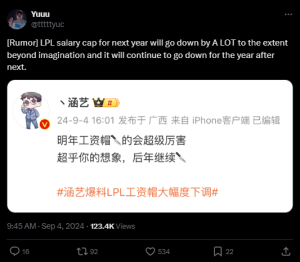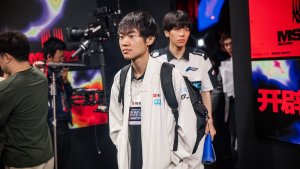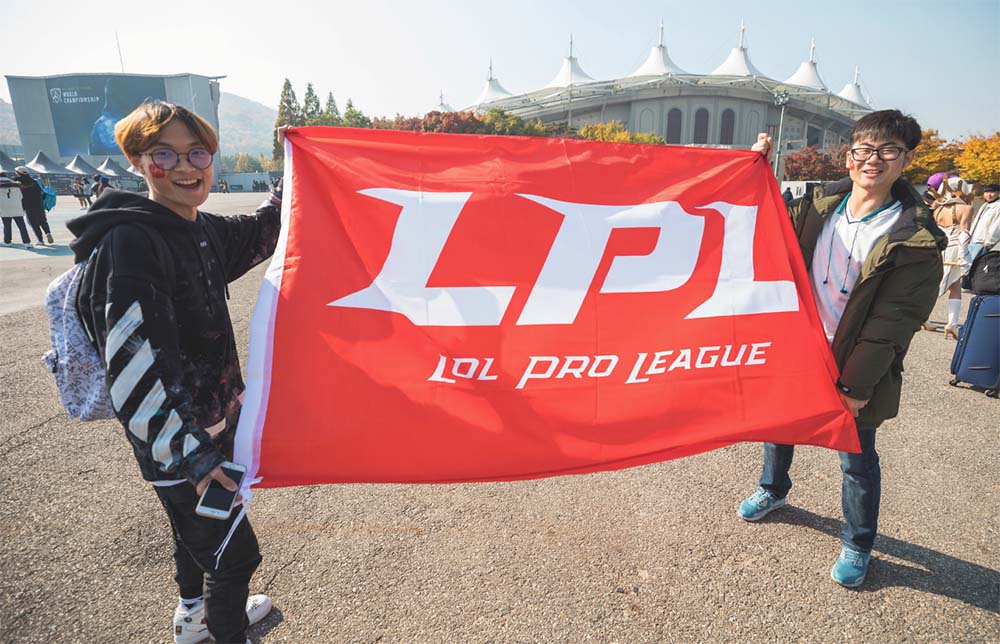As the competitive League of Legends landscape continues to evolve, new challenges arise. The latest controversy centers around China’s LPL (League of Legends Pro League), which is reportedly implementing a much stricter salary cap, causing a stir within the professional community.
This move is part of ongoing financial adjustments across the global esports scene, as leagues try to maintain sustainable ecosystems for the future.
Why the Stricter Salary Cap?
The LPL’s decision to tighten salary restrictions stems from financial issues within the league. Organizations like Royal Never GiveUp, Invictus Gaming, and LGD Gaming are facing economic challenges, and Riot Games, along with LPL officials, are focusing on long-term sustainability.
The key reasons for the salary cap revision include:
- Cost Control: By reducing player salaries, teams can manage their budgets more efficiently.
- Competitive Balance: Limiting superteam formations could lead to a more balanced competition.
- Sustainability: The changes aim to ensure financial stability for organizations struggling to keep up with rising player salaries.

Impact on LPL’s Competitive Future
While the new cap seeks to foster a healthier competitive environment, it has raised concerns. The stricter rules could make it harder for LPL teams to form superteams capable of competing at the highest level, especially against their Korean counterparts in the LCK.
Although the LPL recently celebrated victory at the Esports World Cup, the league has struggled to dominate in recent Worlds championships.

Key Implications of the Salary Cap
- Player Transfers: Lower salaries may push top-tier talent to consider other regions or even retirement.
- Competitive Strength: Superteams may become a thing of the past, weakening LPL’s chances on the global stage.
- Financial Health: Smaller organizations stand to benefit from reduced financial strain, potentially attracting new investors.

Conclusion
The LPL’s new salary cap is a bold move in a financially unstable environment. While it aims to secure the future of Chinese League of Legends, it could also limit the region’s ability to dominate internationally.
As the esports world watches closely, only time will tell if this new structure will help or hinder LPL’s competitive aspirations.
Golden Road Denied: Gen.G Falls to Hanwha Life in LCK Finals, Shattering Perfect Season Hopes

